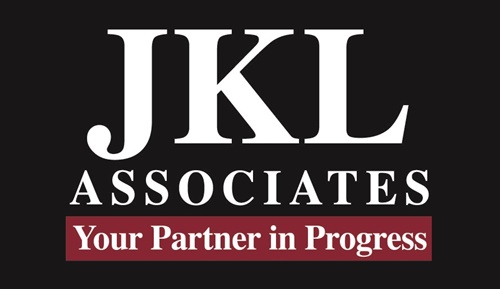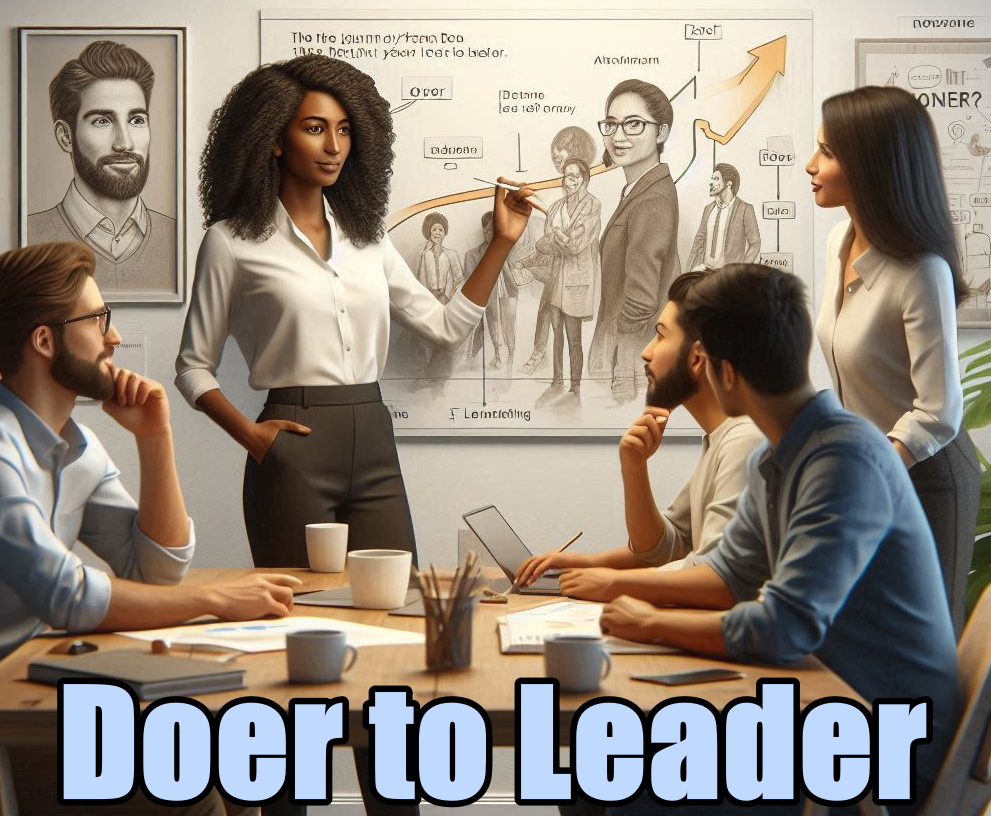Over the years, we have had the honor and privilege of building relationships with some top-shelf business owners and leaders. We have also interacted with business people with great potential to be leaders but elected not to allow themselves to grow into leadership roles for many reasons. Some did not want responsibility and accountability. Some wanted the title and the money, not the associated work activities, to support the role. Still, others were not open to what leadership was all about. There are as many reasons as there are people who chose not to grow. It is also critically important to note that not everyone wants to be a leader, and those individuals excel at being team members. Every organization needs both leadership and team players.
When individuals express and demonstrate their desire and potential for leadership, it is incumbent on their mentors and themselves to know what they are signing up for and make a substantial commitment to its success. It is not about the title, the prestige of the role, or the pay increase. It is about growing to a new level of self-development, which can mentor and develop future generations of business success. Unfortunately, this part of the leadership role somehow gets lost in the investment time of the up-and-coming leader. All the focus is on what they are to do, accomplish, be responsible for, etc. Yes, all of these are very important to the individual’s success. Still, if there is no understanding that their primary role is to groom and build their successor, they focus on the role’s tasks rather than on growing the team of future leaders in the business.
In many instances, individuals are put into leadership roles before they are fully ready. As a result, they focus on the deliverables to demonstrate their worthiness for the role. At the same time, they don’t intentionally forget about the team’s development, but it can sometimes happen. It is also part of the new leader’s understanding that what might have elevated them to the opportunity of leadership is not the same item that will sustain them at that level of contribution. More often than not, doers – the individuals who apply themselves and accomplish things get noticed. They are then moved into roles with more responsibility, etc. In their mind, doing is the key ingredient. As they move into leadership, they must forget what got them to that level and develop new skills and capabilities to be a different contributor type. They can no longer be the actual doer; they must be the delegator and the leader.
This is a constant struggle for many organizations. The development path for team members from doers to leaders is filled with many disconnects. The challenge is present, but few organizations invest the time to come clean and outline the expectations of roles and the investments individuals will need to make to grow into successful leaders.
This week, take a look at your up-and-coming leadership. Have you outlined the expectations of their role beyond the hard contribution elements such as revenue, deliverables, etc? As part of their role definition, have you identified that they are directly responsible and accountable for developing the future generations of leadership to grow the business? Is part of your review system to evaluate the progress of grooming future leaders?
Business perpetuation is not a one-time event when the current owners exit the business. It is part of an organization’s lifeblood to success. When the entire organization is building self-confidence, self-worth, etc., leadership growth and perpetuation are natural extensions of the core elements of the business.
Looking for purposeful leadership growth in your organization? It is time to enlist a Promise Guide to assist the business in its future growth and success. Call JKL Associates at FL (407) 984-7246 or MI (313) 527-7945.
COPYRIGHT – JKL ASSOCIATES 2025
QUESTIONS OR COMMENTS – EMAIL US AT PARTNERS@JKLASSOCIATES.COM OR CALL OUR OFFICES – MI AT (313) 527-7945 FL AT (407) 984-7246
Celebrating 30 years of Delivering on “Promises”




